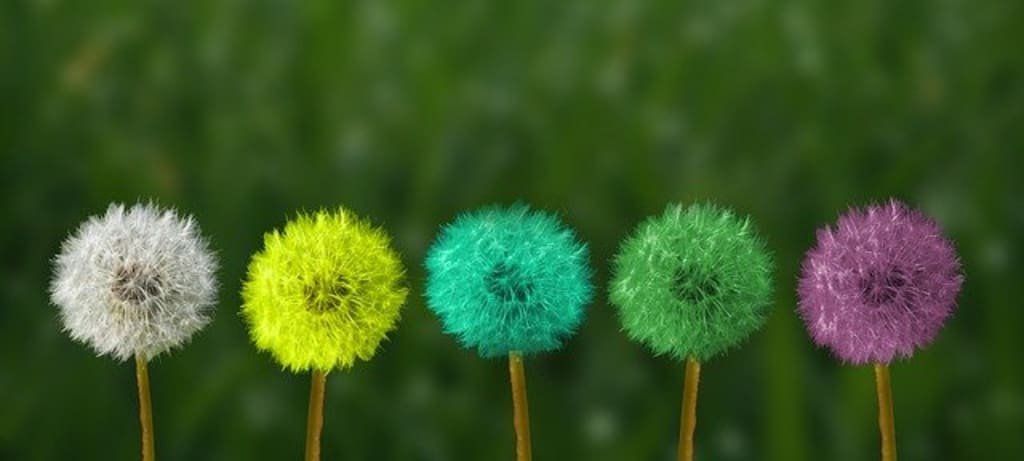
Gratitude was not a word or action I knew or understood as a trauma-induced child. Oh, wait. Forgive me. I knew gratitude because I was told to be grateful. It was more like, “You better be thankful I’m doing this for you!”
Read on to learn how I learned to be grateful on my terms, which changed my attitude towards life, myself, and others. When I reached that point, I became a gratitude badass. I don’t say this to brag, because the journey has been slow, but very rewarding. I had to unlearn complaining and learn how to expend my compassion in healthier ways.
Those of you who have walked in similar shoes know the weight of this. You know that children struggle to have a voice for themselves. Their caregiver(s) are not meant to be authority figures because they aren’t capable.
Later in life, I was chatting with a new friend, sharing something that had happened. We had both had tumultuous childhoods. He finally turned to me and said, “You realize you need therapy, right?” The sting of those words was like someone slapped me so hard across my face that my neck twirled around. I stared at my friend, searching for the words. Was I broken? Was my friend telling me I was a bad person?
After a few more conversations, I realized that my friend was speaking to me in love. I didn’t know how to begin the process, but my friend suggested seeking a student therapist through the same place they were going. I started the process and began meeting with a graduate student. I was a terrible client, by the way. I missed appointments, always making bogus excuses. The truth is, I was afraid.
Then a few months passed, and I decided to try this process again. I was assigned a new graduate student who was a better fit for me. Or maybe it was because I was finally ready. I listened to her encouragements and began to put into practice some of the suggestions she made.
Not all of them went well, but I learned a little bit more about myself each time I spoke up for myself. Giving voice for yourself is not easy when you’ve never been allowed.
It has been many, many years since that time, and I have had several therapists. Along the way, I also entered a master’s program in Spiritual Formation. During those three years, I began to learn more about why it is important to lean into the things in life that are life-giving.
Since graduating from the master’s program, I have learned that life is short. From my naturopath doctor, I have learned that toxicity of all sorts — emotional, physical, and environmental — creates a breakdown in your body. If you’ve ever read The Body Keeps the Score by Bessel van der Kolk, you know that his long-term study with PTSD patients showed him and the psychological world that trauma gets stored in your body.
Here’s how I learned to turn things around:
1. Understanding my value: I believe that each person is created for good and a particular purpose. We all need to recognize what that purpose is. I am an artist, photographer, and writer. I’ve been doing these since I was a child. Call them outlets for my sanity, but they became safe havens for me. I can’t tell you how grateful I am. These outlets allow me to go inward. I am thankful that my writing comes naturally. It is a gift, and I don’t take it for granted.
2. All the parts of me are good: I am an empath. I am a person who can walk into a room and know the temperature immediately. I can sense if someone is struggling with something. This is a blessing and a curse. I have had to learn how to navigate my life in a way that protects me and allows me to be nurtured.
I know that there are times when I am physically wiped out because of the toll it takes on my body. Compassion fatigue is real, and I’m not even a therapist! I am grateful for this gift.
3. Gratitude Journal: I write down the things I’m grateful for that day. Maybe it’s something that happened or something someone said. Maybe it’s a song that touched my heart or a poem I read. This action has helped me to notice the small things. My little mixed chihuahua likes to lick my nose. It’s her way of showing love. I notice a visceral reaction in my body when she does this. I relax and receive the love. And for that, I am grateful.
4. Therapy: In the last few years, I found a trained therapist in EMDR (Eye Movement Desensitization and Reprocessing), which has helped the area in my brain affected by trauma wake up, allowing me to be whole.
I am thankful for my therapist and how EMDR has started to wake up that area of my brain that has been dark for so long.
5. Meditation: I began to institute daily meditation at the suggestion of my naturopath doctor. First, I began with an iOS app and some YouTube guides, but eventually began doing it on my own. Meditation helps to slow my breath and brain down, which, in turn, helps my whole body pause. I am incredibly grateful for how meditation has quieted my mind and heart, especially on stressful days. More importantly, meditation also has excellent health benefits.
6. Knowing who I am and not apologizing: Women spend too much time saying sorry. Have you noticed that? Ladies, if you’re reading this, I encourage you to make a note of how many times you apologize. Ask yourself why you’re apologizing. Too often, it becomes a slip of the tongue. Those words, “I’m sorry,” become ingrained into our subconscious.
I know that I am unapologetically a biracial Korean female. I stand within two cultures, navigating life, letting go of the trauma, and holding myself accountable as best I can. I am an artist and a writer. I am not an accountant or an engineer. I like color in my life, and oh, how I love food. I am also a traveler. Some people fear travel. I can’t wait to travel, see new things, try new foods, and meet new people. This energizes me. I am also an extreme introvert. I don’t apologize one bit for the times I have to say no to being around people because I am recharging my batteries. I am grateful for having the courage to say no. I have tattoos and piercings. They each have meaning. I don’t apologize for the way I choose to express myself.
7. Daily Journaling: Outside of my gratitude journal, I also keep a daily journal. It’s a great way to quiet myself in the morning and listen to the Voice that guides me.
The point of all this is that it wasn’t one thing. It takes an assortment of activities and unlearning to guide my soul into a healthy path.

FINAL THOUGHTS:
Although I didn’t learn gratitude early in life, having the ability to sit with a daily gratitude practice has changed my attitude, personality, and outlook on life, making me a gratitude badass. I don’t use that lightly. I know I have much to learn and still some things to unlearn.
From where I was before and where I am now, the ability to take pause and be thankful for the small and large things in my life (primarily the small) is a leap. The seven action steps I instituted into my life have not only made me a better person but have helped me see and value hope.
I’m grateful for the process. I used to complain when things became challenging, but now I realize that it is in the journey that we understand why we are and who we are.
At the end, when you are looking death in the eyes, what will you be grateful for?
About the Creator
Nancy B
Find my writing in “Mixed Korean: Our Stories," "Together At Last: Stories of Adoption and Reunion in the Age of DNA," Cultural Daily and Women in Theology. Passionate about herbal health and inspiration.






Comments
There are no comments for this story
Be the first to respond and start the conversation.